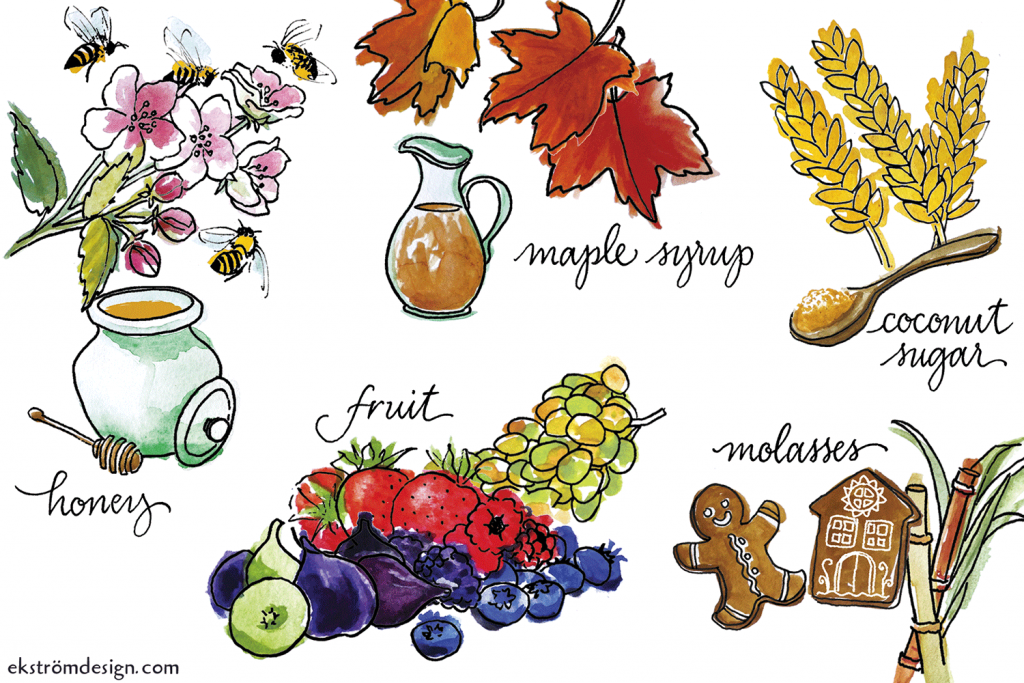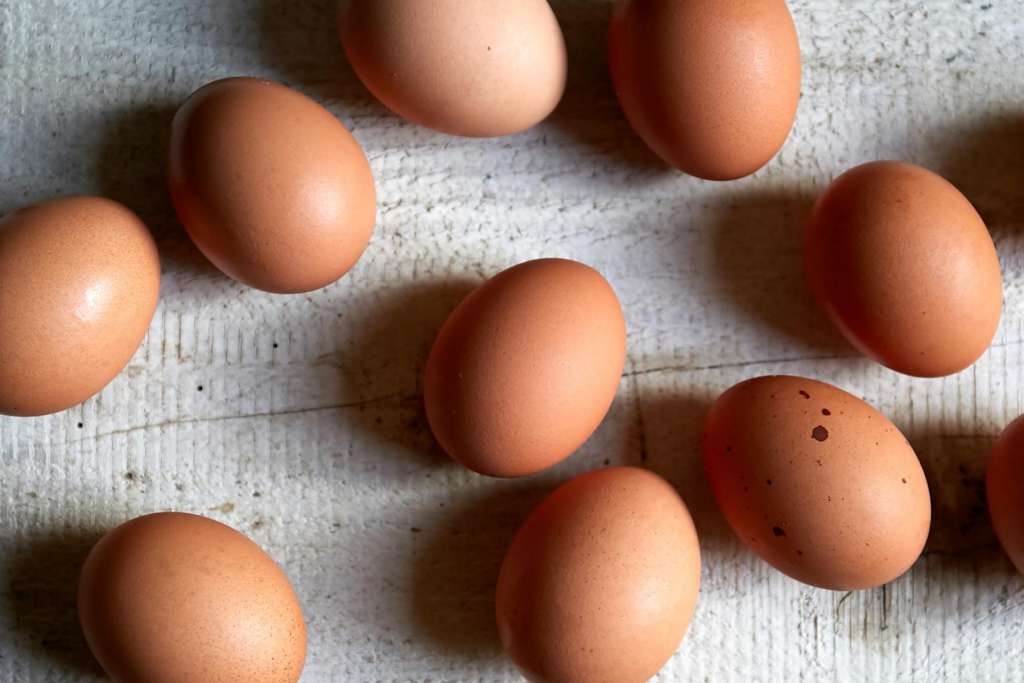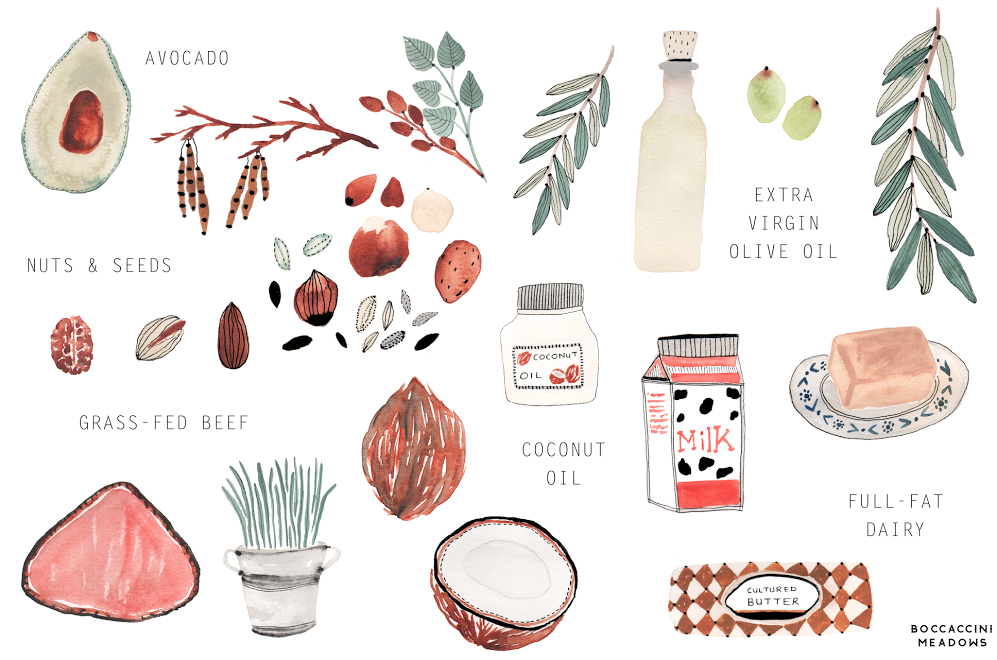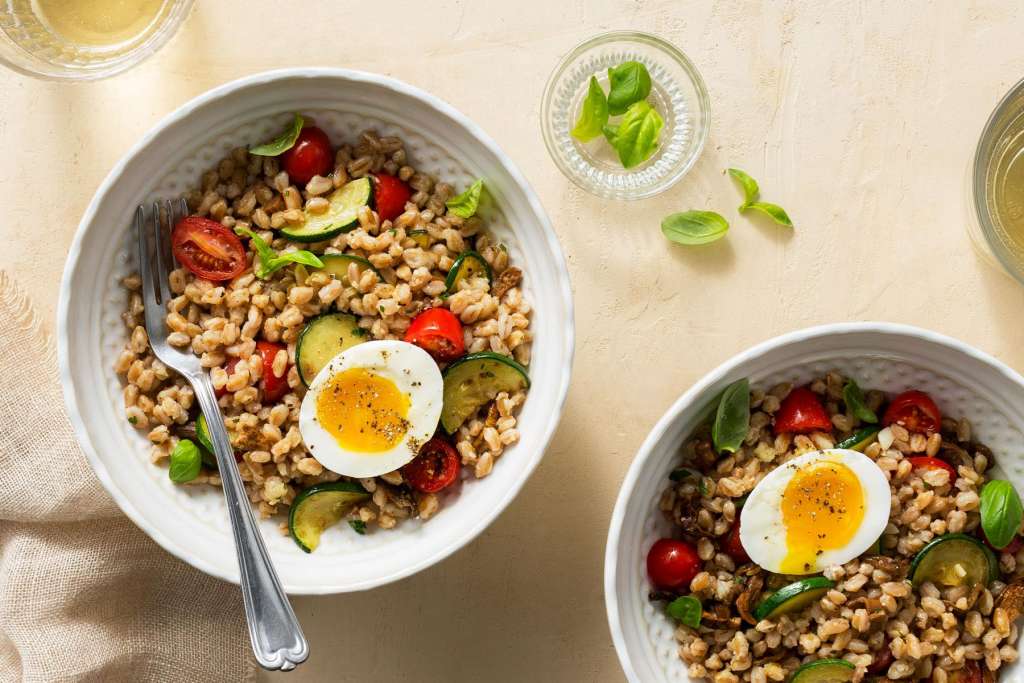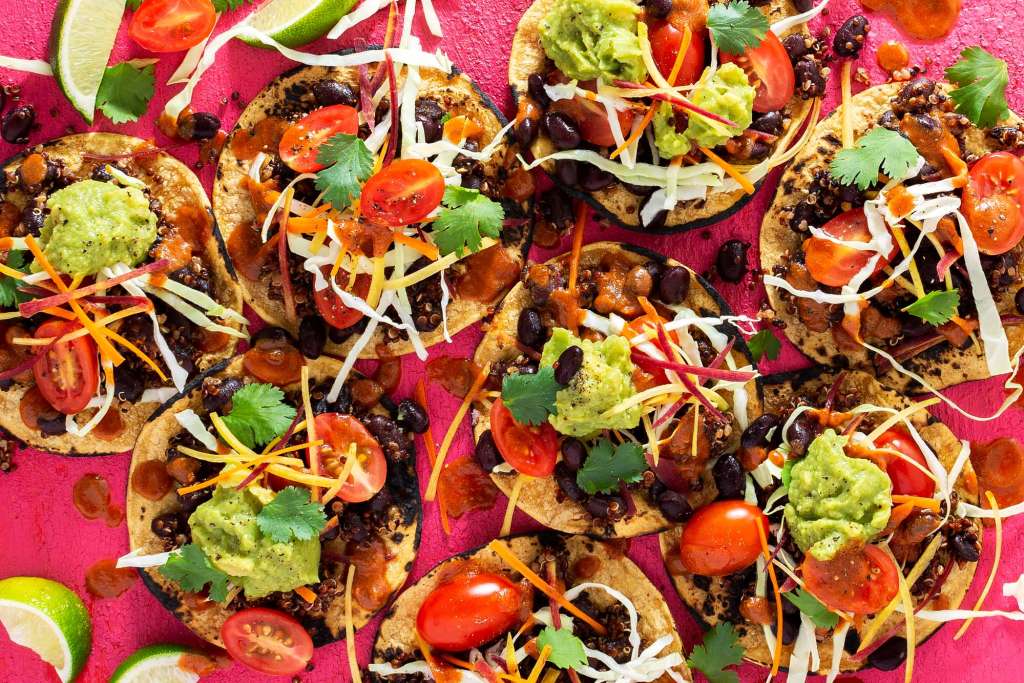Good Carbs, Bad Carbs
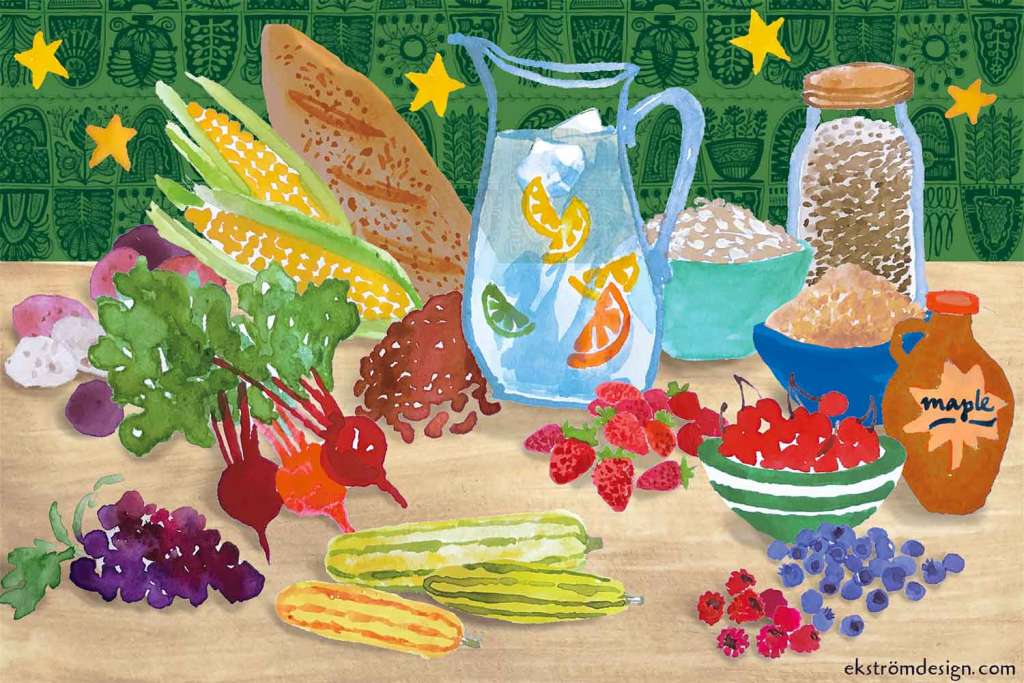
Of all the macronutrients, carbohydrates may be the most misunderstood. For years they were on the “good” list, and then as the popularity of high-protein diets rose, carbs’ reputation dimmed. Then the gluten-free movement took hold and suddenly it seemed as if carbs might need to be labeled with a skull and crossbones.
But before you join the ranks of the carbophobics, remember that carbohydrates are the body’s primary source of energy. Skimp on them and you set yourself up for headaches, fatigue, weakness, and mineral deficiencies.
That’s not an invitation to go on a bagel bender. Simple carbohydrates, aka sugar and refined grains like white flour, offer little nutrient value and function like quick-burning fuels. They deliver a rush and break down fast and can cause your blood sugar to skyrocket.
The key to using carbohydrates to your advantage is to focus on complex ones, fiber-rich and starchy foods that deliver slow-burning fuel in a nutrient-dense package. Because these low glycemic carbs are digested at a slower rate, they can keep you feeling full longer, which can help manage diabetes and weight gain.
Here are few tips to help you conquer carbs:
Better breads
Squishy loaves of white bread may invoke nostalgia for a more innocent time, but they’re a source of simple, refined carbohydrates with little nutritional value. Look instead for whole grain breads, such as rye, whole wheat, oat, bran, and barley. These are both delicious and a great source of fiber and complex, good-for-you carbs.
Beware of the “ose”
Reading labels is key to making smart food choices. Added sugars, the source of those simple carbs you want to avoid, often ends in “ose.” Sucrose, fructose, dextrose, and maltose are code names for sugar that should be consumed minimally.
Drink smart
Beverages can be a sneaky source of simple carbohydrates. Sodas contain high-fructose corn syrup, while punch and lemonades are typically full of cane sugar. Although 100 percent juices contain some healthy nutrients, the beneficial fiber has been stripped away. It’s best to stick to water or iced tea and pair it with a side of fresh fruit.
Don’t forget fruit
Many people avoid fruit because it’s sweet and full of natural sugars. While fruit is a source of simple carbs, it’s also packed with fiber, vitamins, and antioxidants. Fruits with edible skin or seeds deliver an added bonus because they tend to contain higher amounts of fiber.
Go for the grains
Whole grains are a great source of complex carbohydrates and full of fiber, phytochemicals, vitamins, and minerals. They help keep blood-sugar levels stable, control weight, reduce mortality rates, and lower the risk of chronic disease. Millet, bulgur, buckwheat, and quinoa are some examples of complex-carb-rich grains to incorporate into your diet.
Love legumes
Beans, lentils, and peas are a delicious and low-cost way to boost your complex carbohydrates. They’re also loaded with protein, fiber, and folate. Plus, studies suggest they can help maintain healthy body weight, promote gut health, and reduce the risk of chronic diseases.
Star starches
Potatoes, squash, beets, and corn are terrific sources of complex carbs. They’re also packed with vitamins and minerals.
Sweet and Natural
Although honey, maple syrup, molasses, and agave are natural sweeteners, they are still sources of simple carbs and should be kept to a minimum in your diet.
Artwork by Ekström Design
